
 The Calculus of Falling Bodies 2015 by Geoff Rips Cover art: Angel from Scrovegni Chapel, Giottos Lamentation First Edition Paperback original ISBN-13: 978-1-60940-419-2 Ebooks: ePub ISBN: 978-1-60940-420-8 Kindle ISBN: 978-1-60940-421-5 Library PDF ISBN: 978-1-60940-422-2 Wings Press 627 E. Guenther San Antonio, Texas 78210 Phone/fax: (210) 271-7805 On-line catalogue and ordering: www.wingspress.com All Wings Press titles are distributed to the trade by Independent Publishers Group www.ipgbook.com Library of Congress Cataloging-in-Publication Data: Rips, Geoffrey. [Poems. Selections] The calculus of falling bodies : poems / Geoff Rips. -- First edition. Title. Title.
The Calculus of Falling Bodies 2015 by Geoff Rips Cover art: Angel from Scrovegni Chapel, Giottos Lamentation First Edition Paperback original ISBN-13: 978-1-60940-419-2 Ebooks: ePub ISBN: 978-1-60940-420-8 Kindle ISBN: 978-1-60940-421-5 Library PDF ISBN: 978-1-60940-422-2 Wings Press 627 E. Guenther San Antonio, Texas 78210 Phone/fax: (210) 271-7805 On-line catalogue and ordering: www.wingspress.com All Wings Press titles are distributed to the trade by Independent Publishers Group www.ipgbook.com Library of Congress Cataloging-in-Publication Data: Rips, Geoffrey. [Poems. Selections] The calculus of falling bodies : poems / Geoff Rips. -- First edition. Title. Title.
PS3618.I67A6 2015 811.6--dc23 2014039245 Except for fair use in reviews and/or scholarly considerations, no portion of this book may be reproduced in any form without the written permission of the author or the publisher.
CONTENTS
In memory of my father& for my motherAs in all things,forNancyGabrielaSascha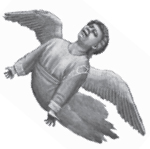
POETRY, JOURNALISM, WRITING, THE WORLD
The spring is not cowled so deeply under the hillthat the water is brilliant and nervy, seeming to breakin the mouth like crystals, as spring water can:it is about the temper of faucet water, and tastes slackand faintly sad, as if just short of stale.It is not quite tepid, however,and it does not seem to taste of sweat and sickness,as the water does which the Woods family have to use.Let Us Now Praise Famous Men James Agee [line breaks added] You might want to talk about the relationship between your journalism and your poetry, Bryce Milligan suggested when he accepted my poetry for publication by Wings Press. After all, he said, more people know you as a journalist (a very small universe to begin with) than as a poet. How do those fit together? I tried to remember what the elders had written about this. Three towering 20th century contemporaries, the American poets Ezra Pound, William Carlos Williams, and Archibald MacLeish, clearly thought about these things a great deal. Pound described literature as news that STAYS news.
From an open-air prison in Pisa, Italy, where he was held as an American prisoner for treason during World War II, Pounds Pisan Cantos are a report on the state of his own mind and on the world, ancient and contemporary. They are among his best works. His old college pal, William Carlos Williams, a family doctor in Rutherford, New Jersey, wrote poems about red wheelbarrows and chickens but also a book-length poem on the history and life of Paterson, New Jersey. He also wrote a set of essays, In the American Grain, helping to define American character and re-orient American history. Williams wrote: It is difficult to get the news from poems, yet men die miserably every day for lack of what is found there. Finally, Archibald MacLeish, poet, lawyer, Pulitzer Prize winner, appointed Librarian of Congress and Undersecretary of State by FDR (a liberal Democrat who was instrumental in getting Pound freed from St.
Elizabeths mental hospital, where he had been imprisoned for 13 years), wrote: Call a book Das Kapital or The Voyage of the Beagle or Theory of Relativity or Alice in Wonderland or Moby Dick, it is still a report upon the mystery of things. Why else write? My father was a poet. He worked in the family business selling water-well pipe and kept a small notebook in his pocket, where he jotted down lines to use later in poems. He encouraged day dreaming. Because it was valued in my home, I did a lot of that. As a kid, I remember lying on my bed, looking out the window, listening to the banana leaves brush the screen and thinking about the mystery of things.
On Sunday mornings, we listened to poets reading their works on Caedmon Records. Even when I didnt understand what they were saying, the cadences and rhythms of Robert Frost, MacLeish, T.S. Eliot and Randall Jarrell worked their way into my blood. Writing poetry, then, became a natural way in my boyhood home to express myself and to try to understand the world. I went on to study writing with poet Richard Wilbur at Wesleyan University and continued my formal education with poet Ruth Stone in graduate school at Indiana University. Ruth helped me understand the importance of meaning in poetry.
Later visits to her battered home in the woods of Vermont were like entering an oasis of language. But, as a child of the 60s, I thought it necessary to help change the world (and still do). Through the American Friends Service Committee in San Antonio, I began writing a few pieces for an anti-war underground newspaper, the Eagle Bone Whistle. While teaching English in the night school of St. Philips College in San Antonio and writing poetry, I wrote a novel, hoping to understand San Antonio in a way that William Carlos Williams showed us Paterson. I was your typical over-reaching young writer. But I had decided that San Antonio could be best revealed in fiction rather than poetry or through New Journalism.
A few years later, while living in New York City, I edited a newsletter on repression in Latin America, created by Latin American political refugees. Then I became an editor for Punto de Contacto/Point of Contact, a journal of arts and politics in Spanish and English, produced by a community of Latin American exiles. Art critic Dore Ashton, who worked closely with these Latin American exiles, arranged for PEN American Center to hire me to write a report on government suppression of underground newspapers in the United States. The foundation of this report would be extensive files obtained through the Freedom of Information Act and housed in Allen Ginsbergs Lower East Side apartment. A high point of my life was sharing three-minute eggs with Allen and Peter Orlovsky before going through the files, which more than once produced what Allen called the smoking typewriter, showing government sponsorship of illegal attacks on underground newspapers and their staffs. Allen later saw to it that this was published as UnAmerican Activities by City Lights Books.
Then PEN hired me to run its human rights program protesting censorship and the imprisonment of writers around the world. I kept writing poetry and began writing a few magazine articles. One of these was on the vein of populism still running through parts of rural Texas. It was published in The Texas Observer. Not long after, I became associate editor, then editor of the Observer, writing my heart out about politics, society, related skullduggery, the arts, and the landscape of Texas. Some of these same things appeared in my poems, but as McLuhan said, the medium shaped the message, another way of applying quantum theorys dictum that how you measure determines what gets measured and what gets reported. And so mine has been a writing life.
Not a life of talk shows and book tours, but a writing life nonetheless. My novel, The Truth (New Issues, 2008), won a national writing prize. Im working on another novel, a number of articles, a few poems, book reviews, and a blog. To earn a living, I write speeches, grant proposals, position papers, and scripts for public events. Writing fiction is always good preparation for writing grant proposals. The distinctions on the creative side blur, just as the reporting by James Agee at the beginning of this introduction becomes a poem when the line breaks are added.
Next page
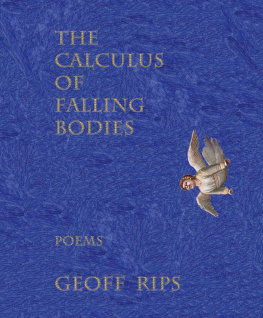
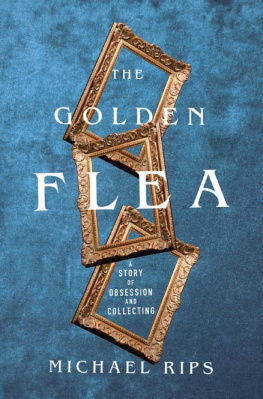
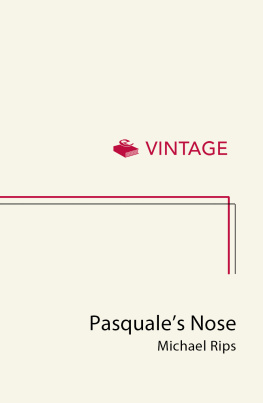
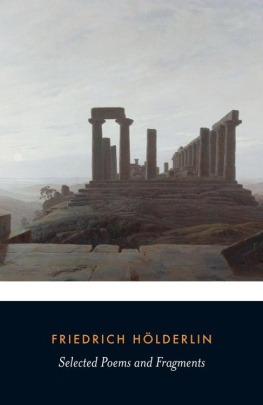
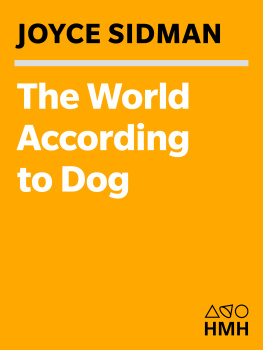
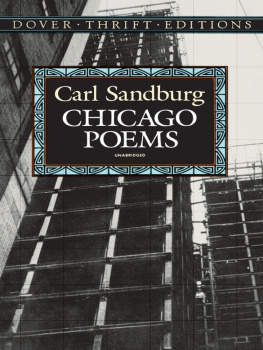
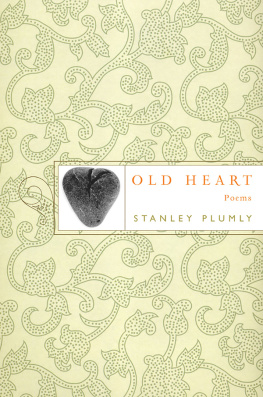
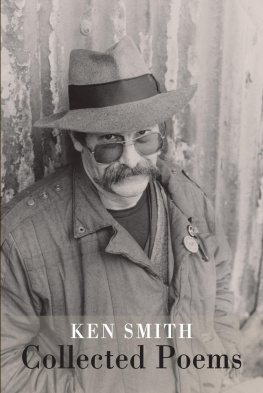
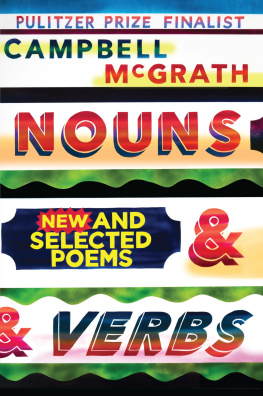
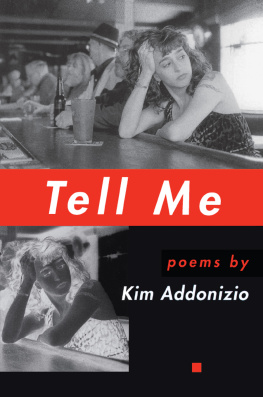
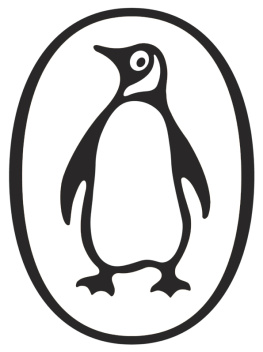
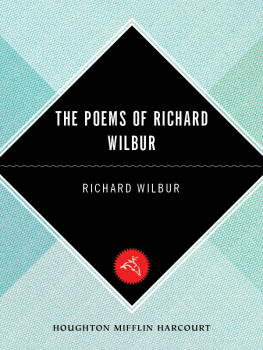
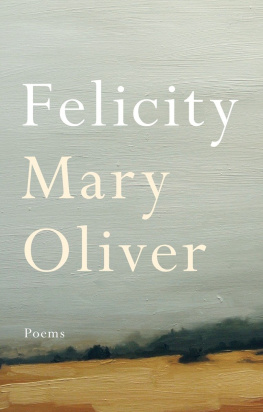
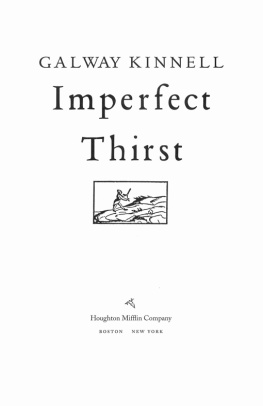


 The Calculus of Falling Bodies 2015 by Geoff Rips Cover art: Angel from Scrovegni Chapel, Giottos Lamentation First Edition Paperback original ISBN-13: 978-1-60940-419-2 Ebooks: ePub ISBN: 978-1-60940-420-8 Kindle ISBN: 978-1-60940-421-5 Library PDF ISBN: 978-1-60940-422-2 Wings Press 627 E. Guenther San Antonio, Texas 78210 Phone/fax: (210) 271-7805 On-line catalogue and ordering: www.wingspress.com All Wings Press titles are distributed to the trade by Independent Publishers Group www.ipgbook.com Library of Congress Cataloging-in-Publication Data: Rips, Geoffrey. [Poems. Selections] The calculus of falling bodies : poems / Geoff Rips. -- First edition. Title. Title.
The Calculus of Falling Bodies 2015 by Geoff Rips Cover art: Angel from Scrovegni Chapel, Giottos Lamentation First Edition Paperback original ISBN-13: 978-1-60940-419-2 Ebooks: ePub ISBN: 978-1-60940-420-8 Kindle ISBN: 978-1-60940-421-5 Library PDF ISBN: 978-1-60940-422-2 Wings Press 627 E. Guenther San Antonio, Texas 78210 Phone/fax: (210) 271-7805 On-line catalogue and ordering: www.wingspress.com All Wings Press titles are distributed to the trade by Independent Publishers Group www.ipgbook.com Library of Congress Cataloging-in-Publication Data: Rips, Geoffrey. [Poems. Selections] The calculus of falling bodies : poems / Geoff Rips. -- First edition. Title. Title.